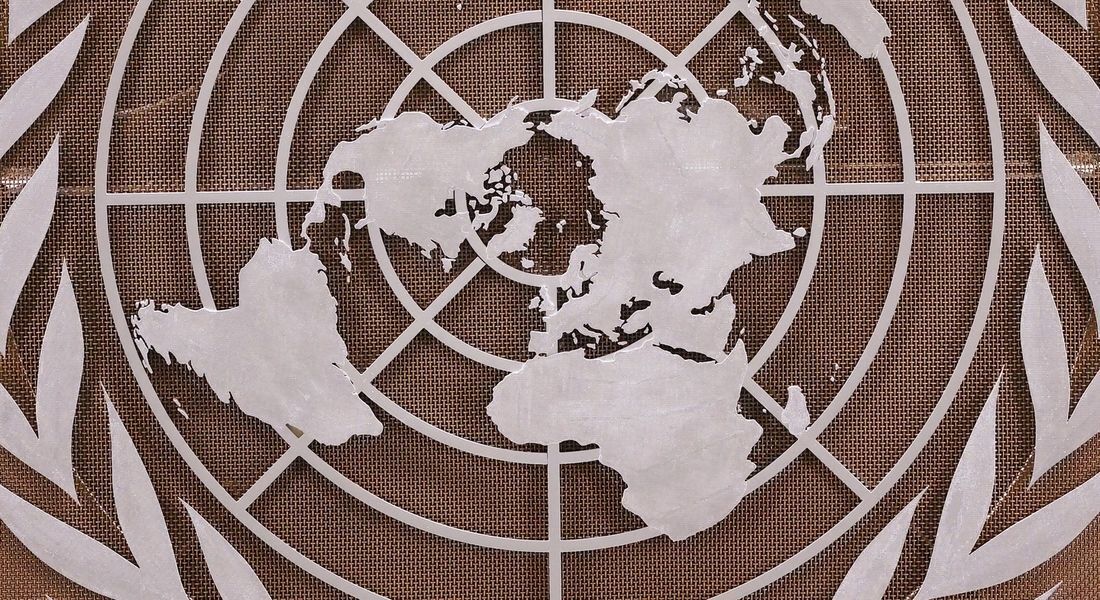
InternetLab submits contribution to the UN on gendered disinformation
On the contribution, InternetLab highlights that gendered disinformation is a tool of gender-based violence, in which a significant portion of gender-based disinformation cases being associated with the opposition to the rights gained or claimed by historically marginalized groups.
In July, the United Nations (UN) Special Rapporteur on the Promotion and Protection of the Right to Freedom of Opinion and Expression, Irene Khan, launched a public consultation to gather opinions and research from states, international organizations, digital and telecommunications companies, civil society, and researchers on the relationship between freedom of expression and the gender dimensions of disinformation.
Building upon accumulated research on disinformation and gender inequalities, InternetLab submitted a contribution to the Special Rapporteur, articulating the connections between gender-based violence and the phenomenon of disinformation. The contribution highlights how the spread of false or manipulated information aims to reinforce narratives that oppose feminist and gender issues, as well as create obstacles to the full exercise of fundamental rights, such as political participation, access to sexual and reproductive rights, as well as social and legal assistance.
The submission, sent to the UN on July 7th, provides practical examples in which gendered disinformation has been used to delegitimize rights achieved by historically marginalized groups. These examples include the dissemination of inaccurate and decontextualized information about the right to abortion and the history of Maria da Penha Maia Fernandes, whose story of domestic and gender-based violence and struggle against gender violence led to the approval of the Maria da Penha Law.
Regarding strategies to combat gendered disinformation, the document emphasizes that any discussions aiming to address forms of violence need to consider the intersectional nature of these phenomena. This means recognizing that specific social markers of difference manifest in distinct ways depending on the subject and the social characteristics they carry, such as gender, sexuality, class, race, territory, and nationality. The submission outlines several measures to combat gendered disinformation, including:
- Commitment from platforms to develop protective policies and guidelines against gendered disinformation and political violence;
- Transparency regarding platform criteria for classifying different types of violence and protective practices targeting historically marginalized groups;
- Creation of fact-checking channels or observatories aimed at combating gendered disinformation from an intersectional perspective; and
- Establishment of protection measures by both the state and platforms that extend beyond electoral periods, providing greater security for women and other marginalized groups engaged in political activities, as well as the production and dissemination of official data on the topic.
The contribution submitted to the UN can be read in both Portuguese and English.